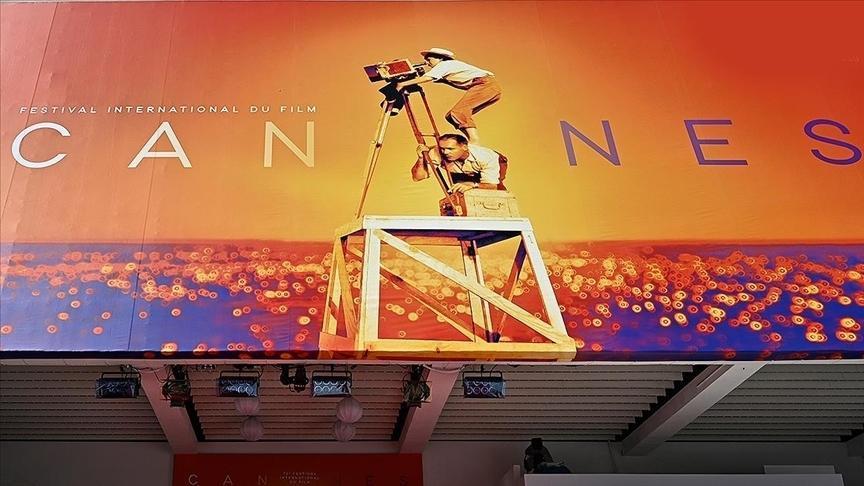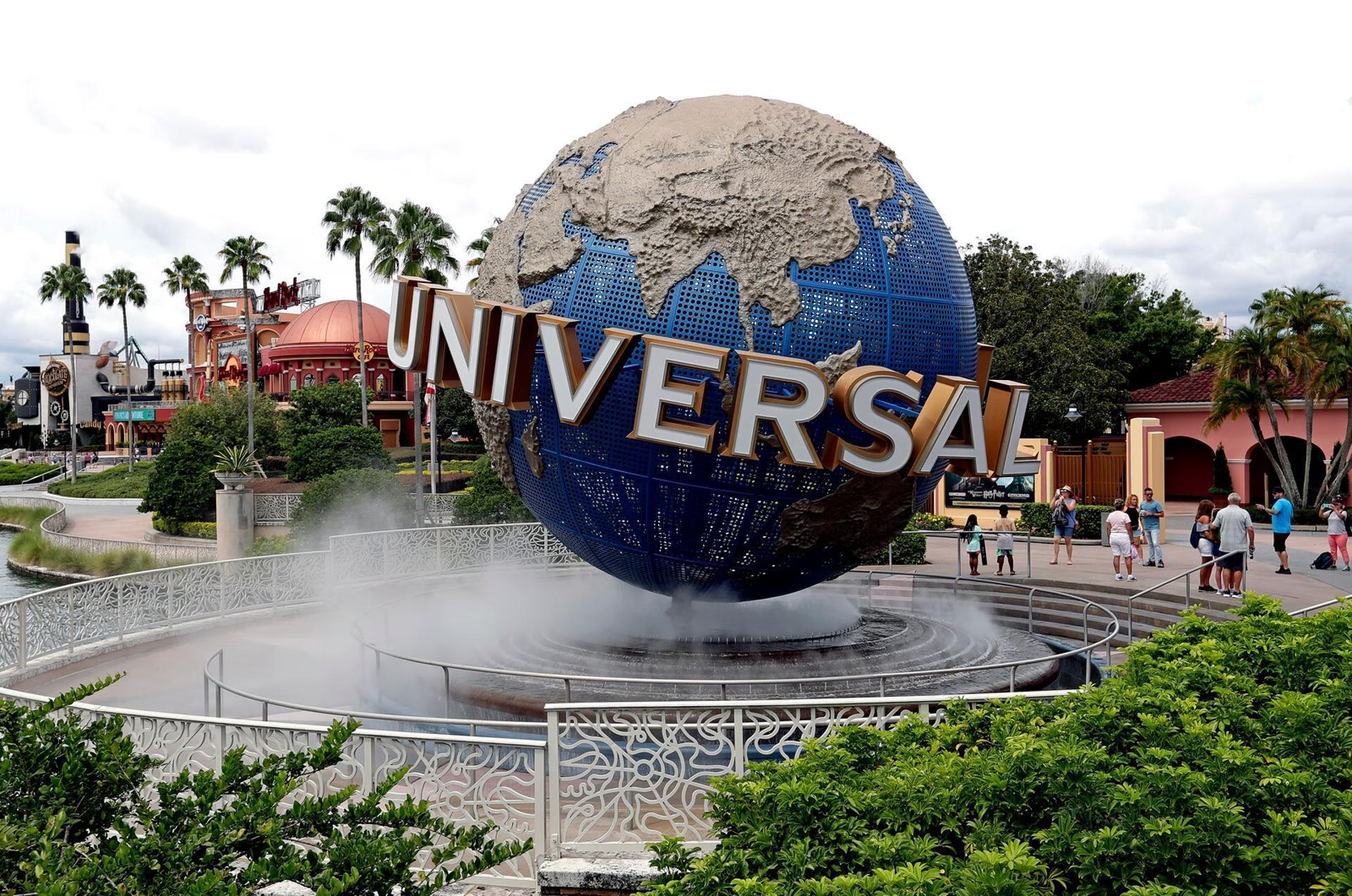There’s not much Turkey can do about Syria
Turkey has joined the rest of Europe in deciding to expel Syrian diplomats from in Ankara following the Houla massacre, in which 108 people, mostly women and children, were murdered by Syrian forces loyal to Bashar al-Assad, according to the Syrian opposition.
The Erdoğan government could not do otherwise after the move by European governments, having been among the most vocal and harsh critics of the Syrian regime from the start. It remains to be seen, however, whether ratcheting up the diplomatic pressure in this way will have any effect on Damascus.
What is certain, however, is that this diplomatic move is not a precursor to intervention by the international community against the Syrian military, which has been perpetrating unspeakable crimes. The international community is no closer to this than it was a month or a year ago. There is also the fact that Damascus can still rely on Russia, despite sounds coming out of Moscow indicating that patience with al-Assad is running thin.
It is true that Russian Foreign Minister Sergei Lavrov has denied his country is supporting the Syrian government. But Moscow has given no indication that it is willing to accept regime change in Syria, and continues to apportion blame evenly, even in the case of the Houla massacre, between government forces and the opposition.
Meanwhile the news is that Washington is pushing a “Yemen formula” for Syria, which simply amounts to saying that al-Assad and his government should go, while the regime remains. The U.S. appears to be aiming at two birds with one stone here. First it is trying to get the Russians on board, and secondly it is trying to allay the fears of those who say that if the Baathist regime is toppled it will be replaced by a radical fundamentalist one, which would be worse for the West. It is not clear if Moscow will take the bait, but that is not the only problem with this formula. The chances that the Syrian opposition will accept it are almost nil, given the sectarian nature of the present regime, which is implicated as a whole in the bloody events that have been unfolding for over a year.
Besides, even if Moscow were to shift its position radically and accept regime change in Syria -- which is unlikely -- there is still the Iran factor. Iran would never allow a vindictively fundamentalist Sunni regime, which by its very nature will be anti-Iranian, to take over in Damascus.
All the signs are that that Syrian debacle, massacres and all, will continue for some time, given that the international community has been unable to muster the will to intervene. Even if a significant portion of the world decided to do this, it is also clear that Russia and China would block it at the UN.
So where does all of this leave Turkey? What is certain at this stage is that Turkey is no longer an impartial player in the Middle East. Developments in Syria have highlighted the most elemental fault line among the region’s Muslims.
Turkey has thrown in its lot on the Sunni side of the fault line, in contravention of its earlier claims to be “an impartial player in the region, promoting stability with its soft power.” The state of Turkey’s relations with the Iraqi government and the strains in its ties with Iran due to Syria are there to behold.
In order to become the regional player that Foreign Minister Ahmet Davutoğlu has long wanted it to be, Ankara will have to pull itself back to the middle ground, which will be very difficult at this stage given that “the arrow has left the bow,” as Turks say. There is no chance for Turkey to play such a role after having alienated the region’s Shiites.
By siding openly with Sunni powers and groups, all Turkey is doing now is contributing to deepening regional divisions. As for Syria, despite angry words emanating from the government and the expulsion of Syrian diplomats from Ankara, there seems to be little Turkey can do at this stage, except watch and wait while the brutal regime there charts its bloody course, and of course exhort others to act.











